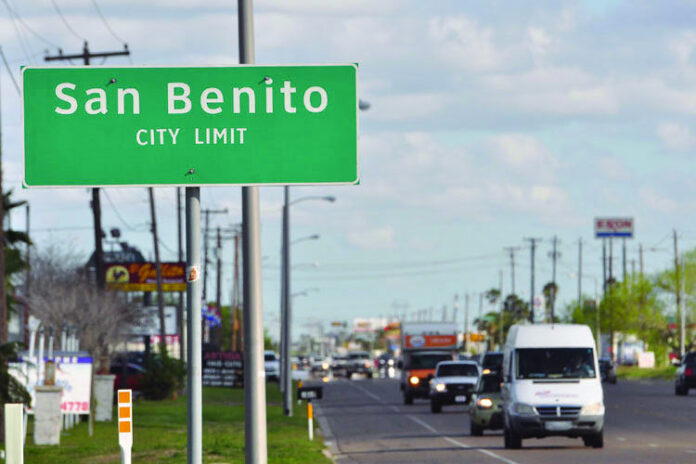SAN BENITO — Dean Mark Kroll believes in developing commercial business in the Rio Grande Valley.
The head of the Robert C. Vackar College of Business & Entrepreneurship told San Benito Chamber of Commerce leaders Wednesday he wants to assist in the creation of scalable enterprise in the Valley or exporting business out of the Valley.
This would have many benefits for the area, one being more money is kept in the Valley and job creation.
Kroll said big cities like Houston and Austin have been doing this for decades.
In an effort to keep that concept alive, the Center for Innovation and Commercialization was created.
The center will soon be located in Weslaco but will offer help to the entire Valley.
It will be a resource for those people who have an idea but don’t have the resources to proceed, Kroll said.
In March, city officials committed $1.3 million to renovating a 16,225-square-foot facility, which is expected to be complete by early 2017.
A floor plan also shows that UTRGV will add four classrooms and incubator space as well as a collaborative share space.
“It will strengthen the economic development and entrepreneurial ecosystem by supporting businesses that have the potential to create new, higher-paying jobs and grow the economic base of the Rio Grande Valley,” said Kroll.
Bolstering programs as well as services via a business and technology incubator was identified as one of CIC’s current aims.
Additionally, the center reaches out to the local community leaders and small business owners in an effort to identify ideas that have not been pursued due to lack of support.
The center also encourages the region to take advantage of its resources, which assist researchers, start-ups and entrepreneurs in pioneering new technologies, businesses and partnerships.
One downside to wanting to start a business is a lack of financial resources. You may have a great idea but if you have no money to back it up, it could possibly fail.
To combat this problem, the RGV Angel Network was established in 2015 and is affiliated with the CIC.
The network was created to help fledgling entrepreneurs develop their ideas for products or services into something commercially viable.
So far, the network has attracted several “qualified investors,” or individuals with at least $1 million in investable resources or household incomes of no less than $300,000.
The investors, who pay $500 in dues to be part of the network, decide whether or how much to invest in potential business opportunities pitched to the group by would-be entrepreneurs in search of development capital.
The minimum investment is $5,000. There is no maximum.
“When we talk about a business, we are not talking about another taqueria on International Boulevard,” he said. “We’re talking about a scalable enterprise that could, over time, employ 50 or 100 or more people.”
The point is to develop products and services marketable anywhere in order to bring wealth to the Valley, Kroll said.
Investors are under no obligation to invest in a given business project, and projects are closely vetted before being presented to the network, he said.




